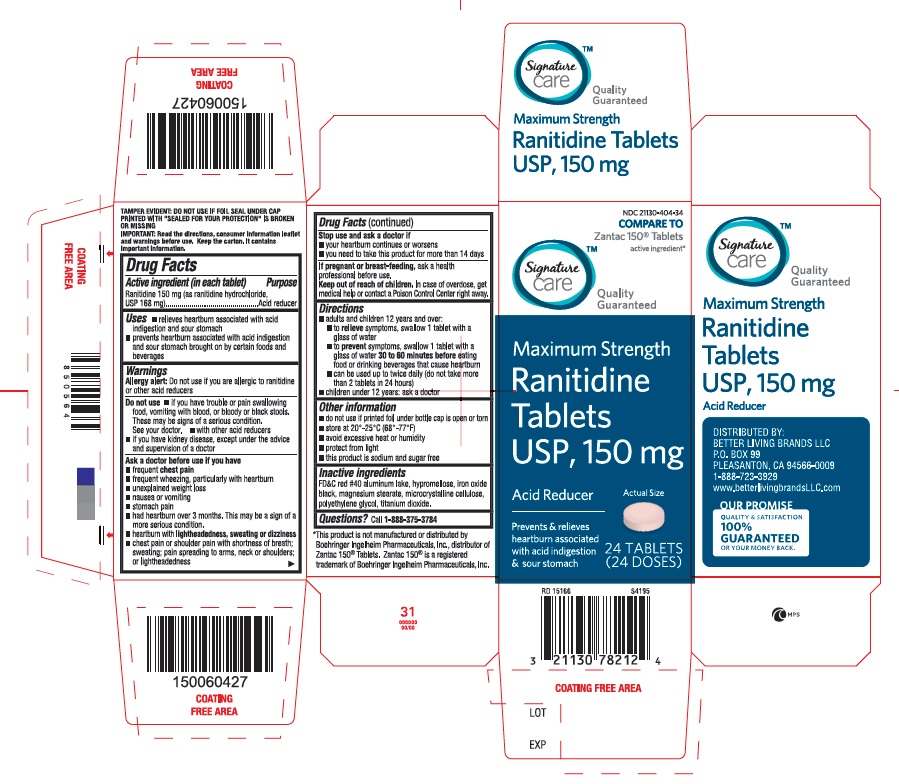Acid Reducer 150 | Ranitidine Hydrochloride Tablets 150mg Tablet while Breastfeeding

What is Acid Reducer 150 | Ranitidine Hydrochloride Tablets 150mg Tablet used for?
Brief: Acid reducer
Can I continue breastfeeding if I am using Acid Reducer 150 | Ranitidine Hydrochloride Tablets 150mg Tablet? How long does it stays in breast milk?

Acid Reducer 150 | Ranitidine Hydrochloride Tablets 150mg Tablet Breastfeeding Analsys
Ranitidine while Breastfeeding
SafeCAS Number: 66357-35-5
Drug which is commonly used in pediatric therapy even for newborn treatment. Excreted in high amount into breast milk although infant intake is reportedly lower than usual therapeutic dose. No side effects on breastfed babies have been reported. Increase of Prolactin levels has been shown, yet it does not induce galactorrhea.
Acid Reducer 150 | Ranitidine Hydrochloride Tablets 150mg Tablet Breastfeeding Analsys - 2
Ranitidine while Breastfeeding
CAS Number: 66357-35-5
Although interpatient variability exists, the dose of ranitidine in breastmilk is less than the dose used in newborn infants. Maternal ranitidine would not be expected to cause any adverse effects in breastfed infants. No special precautions are required.

I am nursing mother and I have already used Acid Reducer 150 | Ranitidine Hydrochloride Tablets 150mg Tablet, what should I do?
Acid Reducer 150 | Ranitidine Hydrochloride Tablets 150mg Tablet is safe in breastfeeding and should not create any health problem for your baby but in case you feel any health issue associated with Acid Reducer 150 | Ranitidine Hydrochloride Tablets 150mg Tablet you should contact your doctor or health care provider. Be it pregnancy or lactation you shall keep your doctor informed.
My doctor has prescribed me Acid Reducer 150 | Ranitidine Hydrochloride Tablets 150mg Tablet, what should I do?
Definitely, Acid Reducer 150 | Ranitidine Hydrochloride Tablets 150mg Tablet is safe in lactation for baby. No wonder your doctor has recommended it.
If I am using Acid Reducer 150 | Ranitidine Hydrochloride Tablets 150mg Tablet, will my baby need extra monitoring?
No extra baby monitoring required while mother is using Acid Reducer 150 | Ranitidine Hydrochloride Tablets 150mg Tablet
Who can I talk to if I have questions about usage of Acid Reducer 150 | Ranitidine Hydrochloride Tablets 150mg Tablet in breastfeeding?
US
National Womens Health and Breastfeeding Helpline: 800-994-9662 (TDD 888-220-5446) 9 a.m. and 6 p.m. ET, Monday through Friday
UK
National Breastfeeding Helpline: 0300-100-0212 9.30am to 9.30pm, daily
Association of Breastfeeding Mothers: 0300-330-5453
La Leche League: 0345-120-2918
The Breastfeeding Network supporter line in Bengali and Sylheti: 0300-456-2421
National Childbirth Trust (NCT): 0300-330-0700
Australia
National Breastfeeding Helpline: 1800-686-268 24 hours a day, 7 days a week
Canada
Telehealth Ontario for breastfeeding: 1-866-797-0000 24 hours a day, 7 days a week
